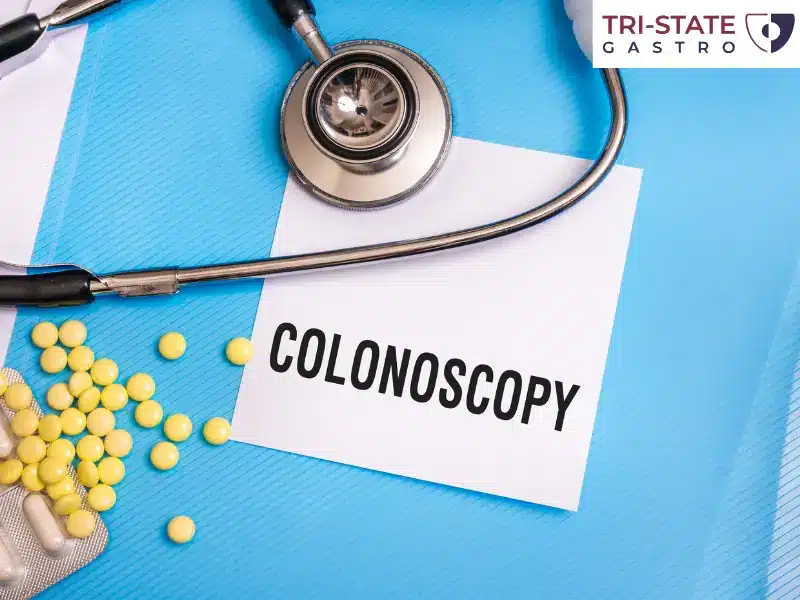Why It is Important to Get Your Colonoscopy: Insights from Tri-State Gastroenterology Associates
Colorectal cancer is a leading cause of cancer-related deaths in the United States, but it is also one of the most preventable types of cancer. One of the most effective ways to detect and prevent colorectal cancer is through regular colonoscopy screenings. At Tri-State Gastroenterology Associates, we are committed to educating our patients about the importance of this essential procedure.
What is a Colonoscopy?
A colonoscopy is a procedure that allows a doctor to examine the inner lining of the large intestine (colon) and rectum using a flexible tube with a camera, known as a colonoscope. It can help identify abnormalities such as polyps, inflammation, and cancer.
Why It is Important to Get Your Colonoscopy?
- Early Detection of Colorectal Cancer
- Regular colonoscopy screenings can help detect polyps before they develop into cancer. Removing these polyps during the procedure can significantly reduce the risk of colorectal cancer.
- Preventive Care
- Colonoscopy is not just a diagnostic tool; it is also a preventive measure. By identifying and removing polyps early, patients can effectively prevent cancer from developing.
- Monitoring Existing Conditions
- For patients with a history of colorectal issues, regular colonoscopies are vital to monitor changes and manage conditions like inflammatory bowel disease (IBD).
- Guidelines for Screening
- The American Cancer Society recommends that screening begin at age 45 for average-risk individuals. Those with a family history of colorectal cancer or other risk factors may need to begin screenings earlier.
- Minimally Invasive Procedure
- Colonoscopy is a minimally invasive procedure that can be performed on an outpatient basis. Most patients can return home the same day.
What to Expect During a Colonoscopy
Preparation
Preparing for a colonoscopy involves following specific dietary guidelines and taking medications to clear the bowel. This preparation is crucial for obtaining clear images during the procedure. At Tri-State Gastroenterology Associates, we provide detailed pre-prep instructions tailored to each patient.
The Procedure
During the colonoscopy, you’ll be sedated for comfort. The colonoscope is gently inserted into the rectum and advanced through the colon. The doctor will carefully examine the lining of the colon and may take biopsies if necessary.
After the Procedure
Post-procedure, patients will be monitored for a short period before being discharged. It’s normal to experience some bloating or cramping, but most patients can return to their regular activities the next day.
Risk Factors for Colorectal Cancer
Understanding risk factors can empower individuals to take charge of their health. Some common risk factors include:
- Age (45 and older)
- Family history of colorectal cancer
- Personal history of polyps or IBD
- Lifestyle factors (diet, smoking, obesity)
Why It is Important to Get Your Colonoscopy
Getting a colonoscopy is a crucial step in maintaining gastrointestinal health and preventing colorectal cancer. At Tri-State Gastroenterology Associates, we believe in providing compassionate, high-quality care to our patients. Our experienced team is here to guide you through the process, ensuring your comfort and safety.
Regular screenings can save lives. If you have questions or would like to schedule an appointment, please contact us at (859) 341-3575. Your health is our priority, and we are dedicated to helping you achieve optimal gastrointestinal health.
Additional Resources
For more information on colonoscopy and gastrointestinal health, visit our blog and FAQ sections on our website. We also offer telemedicine appointments for those who may have concerns or questions.
This blog post aims to emphasize the significance of colonoscopy in colorectal cancer prevention and overall digestive health, aligning with the mission of Tri-State Gastroenterology Associates.
Post by Foster Group
